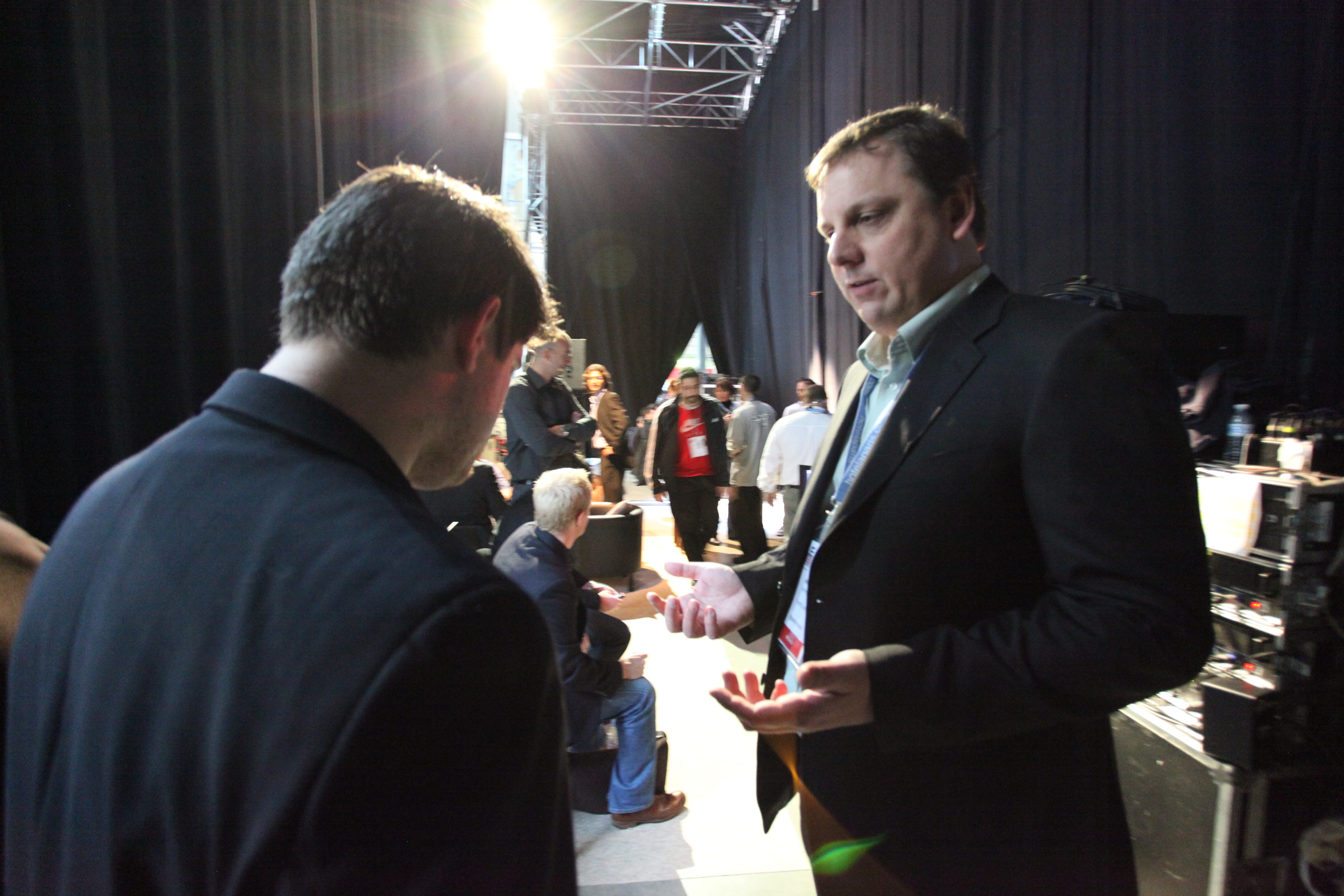After a long hiatus, serialization of my ebook Responsible Reporting: Field Guide for Bloggers, Journalists, and Other Online News Gatherers resumes. This chapter, and the last, are the most important for doing what you’re supposed to report responsibly. Major theme last time: The importance of asking “Who benefits?” about everything. Today’s installment turns around concept “conflict of interest” and points the finger back at you. The traditional view about conflict of interest is misguided, and it is fundamentally outdated for online news reporting—or any other.
As Chapter VI explains, I see objects of conflict as mattering much more than traditional concept of conflict of interest. Stated differently: Human relationships are more influential than financial gain. Worse, there is a fairly recent trend where bloggers or journalists post ethics statements, which I view as worse than useless. So-called transparency justifies continued conflicts rather than separation from them.






